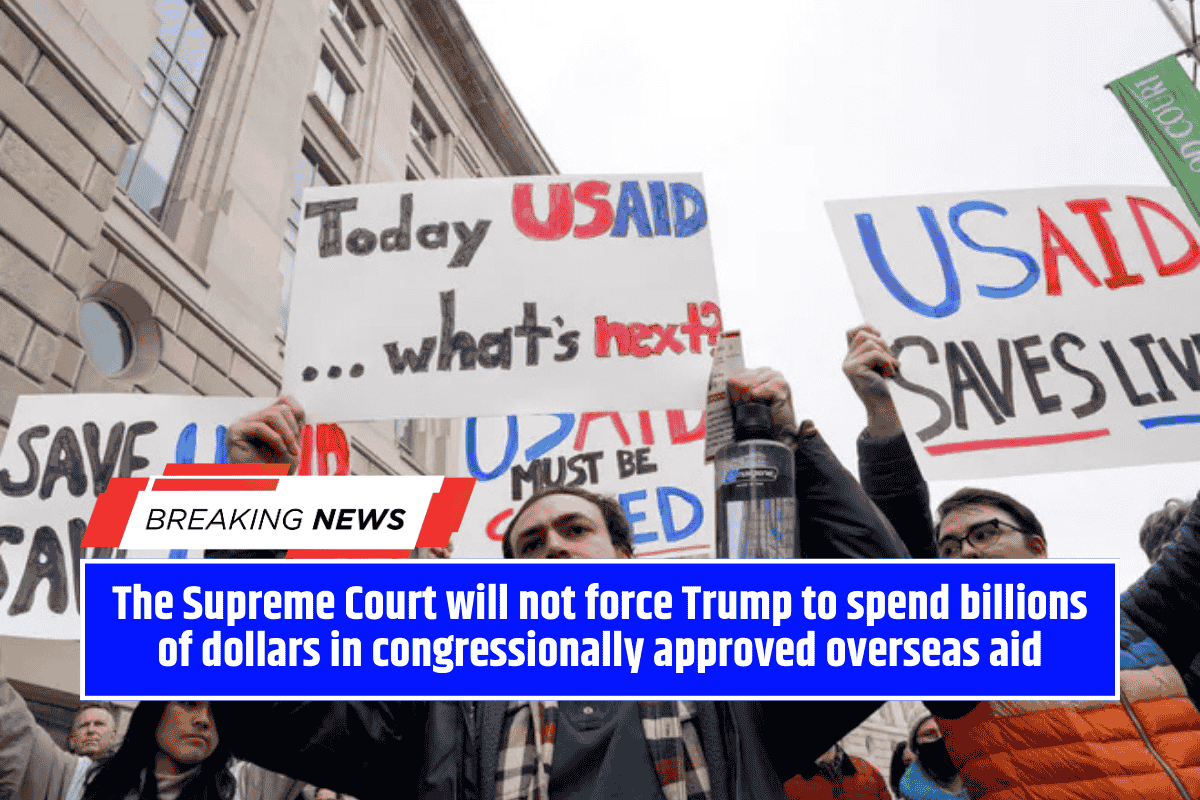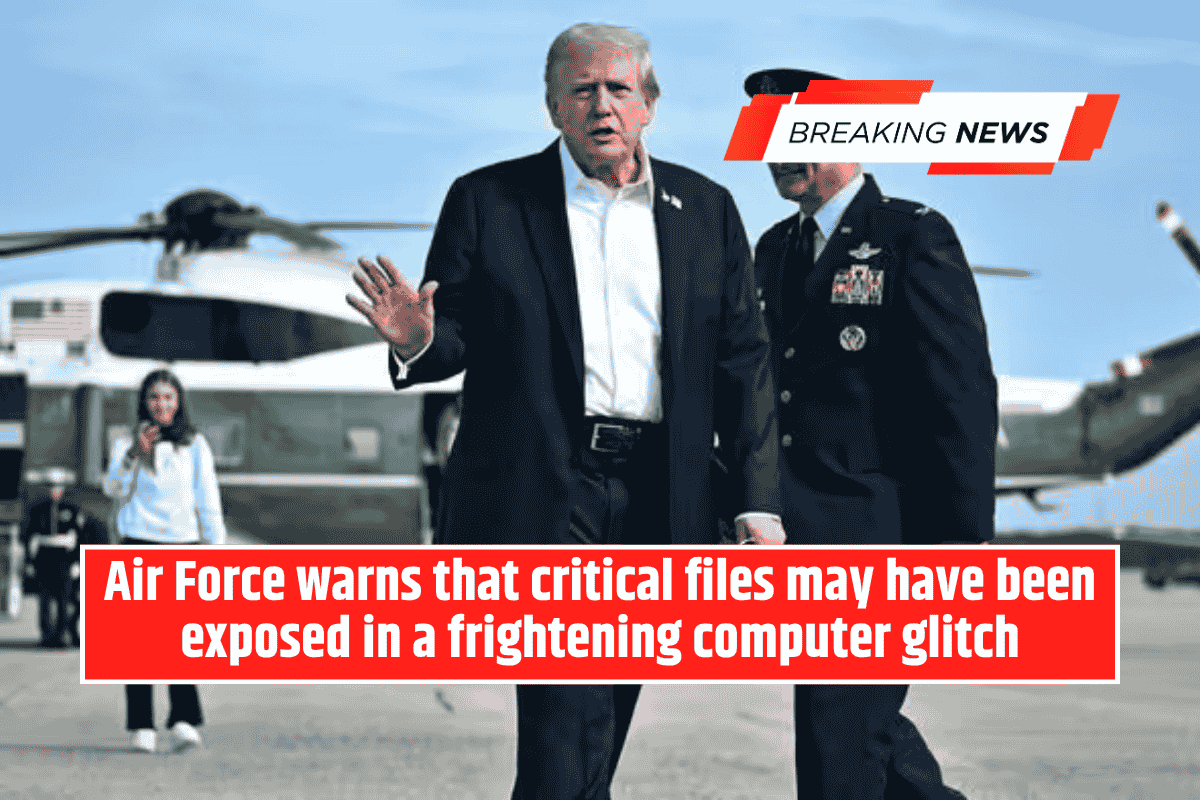On September 26, the Supreme Court ruled that President Donald Trump does not, for now, have to spend billions in foreign aid previously approved by Congress.
This decision strengthens Trump’s ability to control government actions in areas traditionally reserved for lawmakers, such as federal spending.
The Court’s conservative majority blocked a lower court’s ruling that required the administration to release $4 billion in aid before the funds expire on September 30.
Majority’s Reasoning
The justices clarified that their order was not a final ruling but a temporary measure. They emphasized that forcing the president to spend the money would harm his authority over foreign policy more than aid groups would be harmed by the freeze.
Chief Justice John Roberts had earlier paused the lower court’s order to allow the Supreme Court more time to review Trump’s request.
Dissenting Opinion
Justice Elena Kagan, joined by Justices Sonia Sotomayor and Ketanji Brown Jackson, dissented strongly. Kagan argued that the order effectively prevents the funds from ever reaching their intended recipients due to the looming expiration date.
She warned that this outcome undermines the separation of powers, since Congress — not the president — holds constitutional authority over federal spending.
Legal and Political Dispute
The administration justified its inaction by pointing to Trump’s request that Congress cancel the funding. However, if lawmakers fail to act before September 30, the funds automatically expire.
U.S. District Judge Amir Ali had previously ruled that the freeze likely violated both the Constitution and federal law, stressing that while the State Department has flexibility in how money is spent, it has no discretion over whether it must be spent.
Pocket Rescission Controversy
Trump’s administration attempted a procedural maneuver known as a “pocket rescission,” in which the fiscal year ends before Congress’ 45-day review period concludes.
The Government Accountability Office (GAO) condemned this practice in August, calling it unconstitutional because it circumvents Congress’ power of the purse.
Senator Susan Collins, the ranking Republican on the Senate Appropriations Committee, echoed that criticism, describing the move as an “apparent attempt to rescind appropriated funds without congressional approval.”










